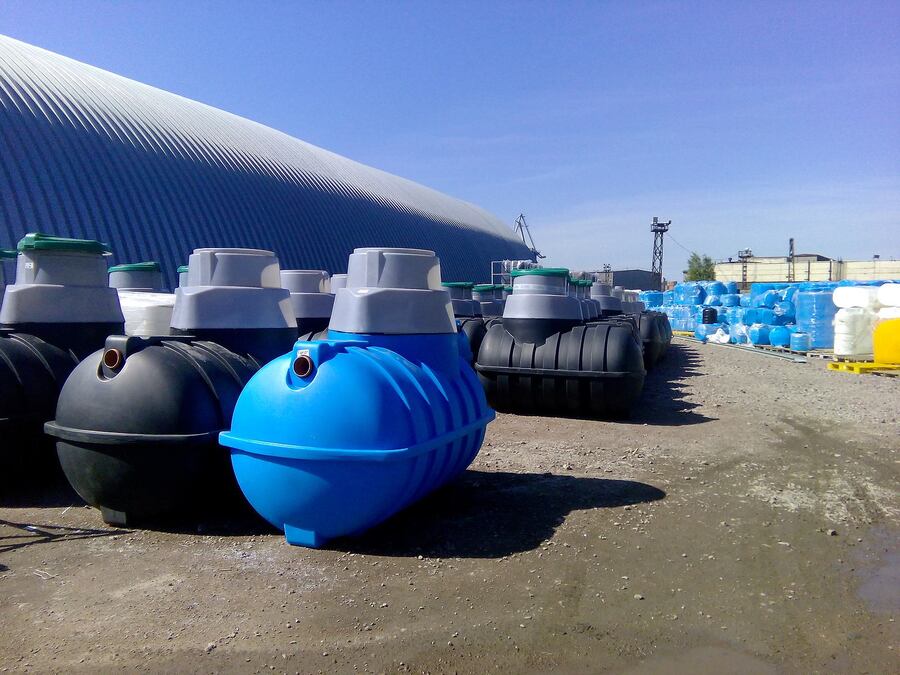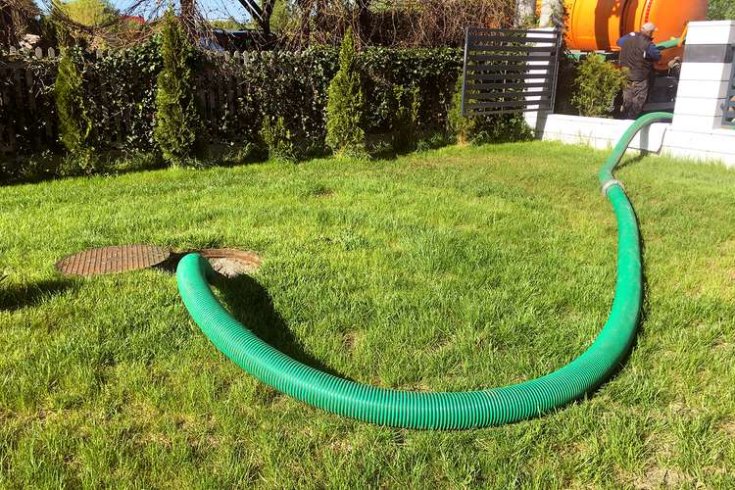
15
A septic tank is an essential part of your home’s sewage management system, intended to endure for many years with appropriate upkeep and care. Nonetheless, its true lifespan may differ based on elements like material, usage, and maintenance habits. Homeowners frequently question when their septic tank will require replacement or repair. By recognizing these elements and remaining proactive with routine services such as septic tank pumping and cleaning, you can enhance your system’s lifespan.
The lifespan of a septic tank depends on the material it’s made of.
Concrete Tanks: These tanks are the most durable, with an average lifespan of 40 years or more when properly maintained.
Plastic Tanks: Lightweight and resistant to rust, plastic tanks can last 30–40 years.
Fiberglass Tanks: Similar to plastic, fiberglass tanks are durable and long-lasting, with a lifespan of 30–40 years.
Steel Tanks: Steel tanks are less common due to their susceptibility to rust, typically lasting 15–20 years.
Regardless of the material, regular care by a professional septic company is essential to extend the life of your tank.
Maintenance: Routine septic tank pumping and septic tank cleaning are critical to prevent sludge buildup that can lead to clogs or system failure. Neglecting maintenance can significantly shorten your septic tank’s lifespan.
Usage: The more wastewater your household generates, the harder the septic tank has to work. Excessive usage can lead to faster wear and tear.
Soil Conditions: Poor soil drainage or improper soil composition can stress the septic system and reduce its effectiveness over time.
Installation Quality: Proper septic tank installation by an experienced septic company ensures the system operates efficiently. Improper installation can lead to early failures and costly repairs.
Repairs: Addressing small issues promptly with professional septic tank repair can prevent larger problems and extend the system’s lifespan.
Even with regular maintenance, septic systems eventually show signs of wear. Look out for these warning signals.
- Frequent backups or slow drains
- Foul odors around your yard or home
- Standing water near the drain field
- Persistent need for septic tank pumping
If you notice these issues, Charlotte Septic Pros can assess your system and recommend septic tank repair or, if necessary, a complete replacement.
Schedule Regular Pumping: Regular septic tank pumping removes sludge and prevents overflow, keeping the system functioning properly.
Inspect and Clean Periodically: Professional septic tank cleaning ensures your tank is free of buildup that could damage its components.
Avoid Harsh Chemicals: Limit the use of chemical cleaners, which can disrupt the balance of bacteria necessary for waste breakdown.
Work with a Trusted Septic Company: A reliable septic company will provide expert guidance, repairs, and maintenance tailored to your system.
A septic tank can last between 15 and more than 40 years, depending on factors like materials, usage, and maintenance. Consistent upkeep, including septic tank pumping and cleaning done by a skilled septic company, is crucial for keeping your system effective and extending its lifespan. Watch for indications of trouble and tackle them with timely septic tank repairs to prevent larger problems.

28
Why Is Sewage Backing Up into My Tub? When wastewater starts rising into your bathtub, it’s more than just unpleasant—it’s…
Read more
22
Can Bacteria Additives Eliminate the Need for Pumping? If you own a home with a septic system, you’ve probably seen…
Read more
12
A single slow drain in your home can feel like a minor inconvenience. Maybe the sink takes a little longer…
Read more
05
Are Slow Drains a Septic Issue or Just a Clog? Slow drains are one of those household problems that start…
Read more
02
What Septic Service Techs See That Homeowners Miss Most homeowners only think about their septic system when something goes wrong.…
Read more
21
Simple Habits That Protect Your Septic System A well-functioning septic system does its job quietly, but the moment something goes…
Read more
14
Pump Now or Pay Later: The Real Cost of Skipping Maintenance A properly functioning septic system is easy to forget…
Read more
11
Why Your Septic System Always Acts Up at the Worst Time Homeowners often feel that septic problems strike at the…
Read more
04
Early Warning Signs Your Septic Tank Needs Pumping For homeowners who rely on a septic system, routine maintenance is not…
Read more
29
Why Does My Septic System Smell Fine One Day and Terrible the Next? If you own a home with a…
Read more